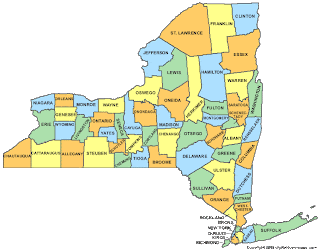![]() Many of the posts on this New York History website highlight the programs of historical societies or raise issues about their mission, funding, and impact.
Many of the posts on this New York History website highlight the programs of historical societies or raise issues about their mission, funding, and impact.
Sometimes, a look back in our own history is useful in reminding us how enduring some of the issues are, and perhaps reminding us of strategies that have been up for discussion before. Read more
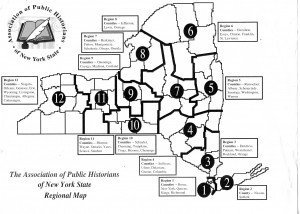
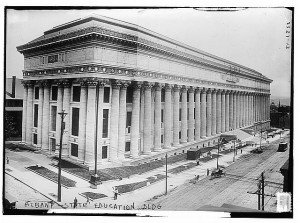
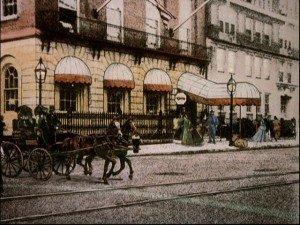
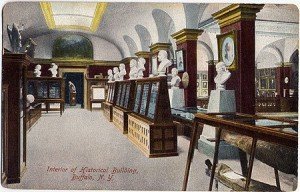
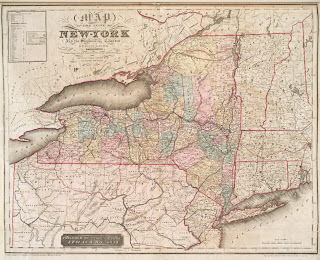.jpg)
